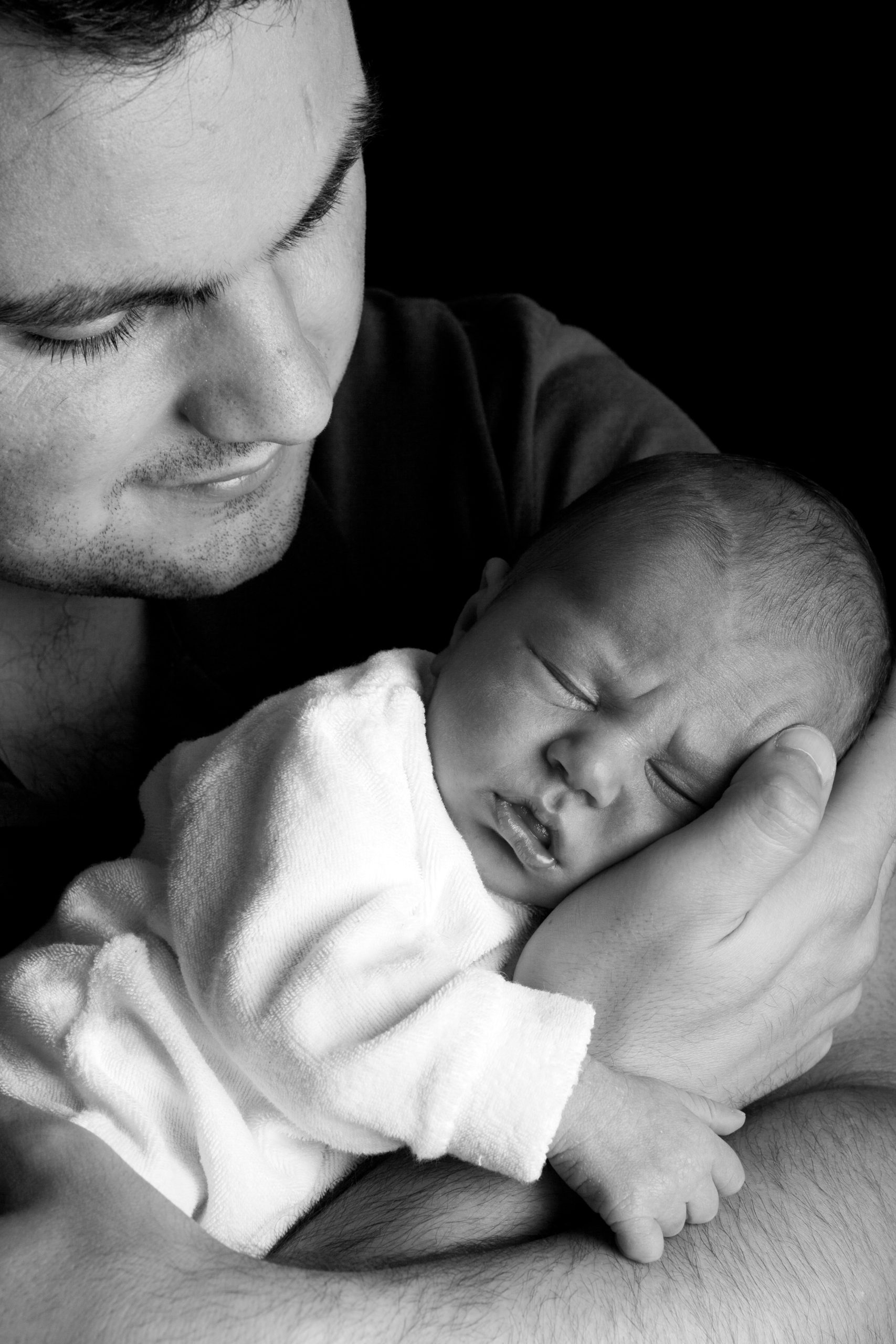It’s both understandable and natural for people to seek each other out, and, upon finding someone they love, spend the rest of their lives together. It’s equally understandable and natural for those couples to eventually decide they would like to start a family and raise children. Sadly, it is not always as simple for some couples to begin this process as it may be for others.
Fortunately, people with difficulties in having children do not have to simply accept a childless state. The 21st century has some options for couples to choose from, and one is called surrogacy. Surrogacy, or surrogate motherhood, as it is also known, is when another woman becomes the recipient of a fertilized egg. Her uterus and other systems then act as a “substitute mother” providing the biological environment required for a child to grow and eventually be born nine months later safely. So why would people choose to go with a surrogacy solution? Here are a few of the top reasons why it’s becoming a more viable alternative for many couples.
Traditional Pregnancy Carries Risks
One of the biggest reasons to go with a surrogate motherhood solution is because the hopeful mother herself has some significant medical barriers in the way. Some types of cancer treatment like chemo or radiation therapy for ovarian/uterine cancer may save a woman’s life but render her infertile. Some types of medical treatment may even require the surgical removal of the uterus, leaving a woman biologically incapable of carrying a fertilized egg to term and giving birth to a child.
However, surrogacy provides a way to circumvent all these medical obstacles while still allowing a couple to enjoy a child that is truly their own.
A Couple Wants A Family Heritage
Of course, even without surrogacy, one traditional solution that has always been available is that of adoption. However, adoption comes with some significant caveats. The most obvious is that the couples are limited in their choice to “available” orphans based on different circumstances such as economics, war, or other factors the current geopolitical climate. Another big limitation is that an adopted child, having already been born to other parents, cannot share the genetic characteristics of the hopeful family.
However, with gestational surrogacy, the sperm from the father and/or egg from the mother in a hopeful family can both be used in fertilization. It means that, as with natural childbirth, the baby will share the genetic and physical characteristics of both the mother and father.
It Gives Same-Sex Couples A Chance
We now live in a world where legal unions between people are recognized regardless of gender, and now same-sex marriages/partnerships are just another aspect of our complex and diverse world. While some same-sex couples comprised of females can simply choose one or the other woman to bear a child—using a sperm donor—that same luxury of choice isn’t available for same-sex male couples.
In this instance, it is biologically impossible for a same-sex male couple to conceive a child between themselves because neither partner has the uterus required to receive and nurture a fertilized egg. This option, however, allows a couple to still participate in the experience of having a newborn, one that may even share genetic characteristics of the parents.
It Provides Opportunities For Older Couples
Sometimes a family may be older in age, but still have the energy, the finances, and the desire to add another member to the family. What may not be feasible, however, is natural childbirth for the mother, due to the risks associated with aging. Women may be biologically capable of having a child all the way into their 60s! However, the “prime time” for having healthy children safely is during the 20s and 30s. Even during the 40s, which is increasingly when many women would like to have a child, once they have more career/financial stability, there are associated health risks.
Conditions like diabetes, high blood pressure, and placenta praevia are more likely to manifest at these higher age ranges, which may result in a much higher likelihood of miscarriages. There may also be the possibility that the 100% natural childbirths of the past must now be replaced with a cesarean section for the safety of both the mother and the child. Surrogacy, however, eliminates all these risks.
Infertility
Some men and women may, for various reasons, simply be infertile and unable to conceive. In these cases, either adoption or surrogacy are the only ways that the couple can have a child of their own. But it is only through surrogacy that the couple can have a child that is genetically their own. It’s a popular solution for healthy couples that are otherwise unable to have a child.
However, for people who are thinking of going the route of surrogate motherhood, it’s important to not rush into it, and do it right. Research your options. Look at the services offered by experienced surrogacy groups, and see which ones meet your needs.


